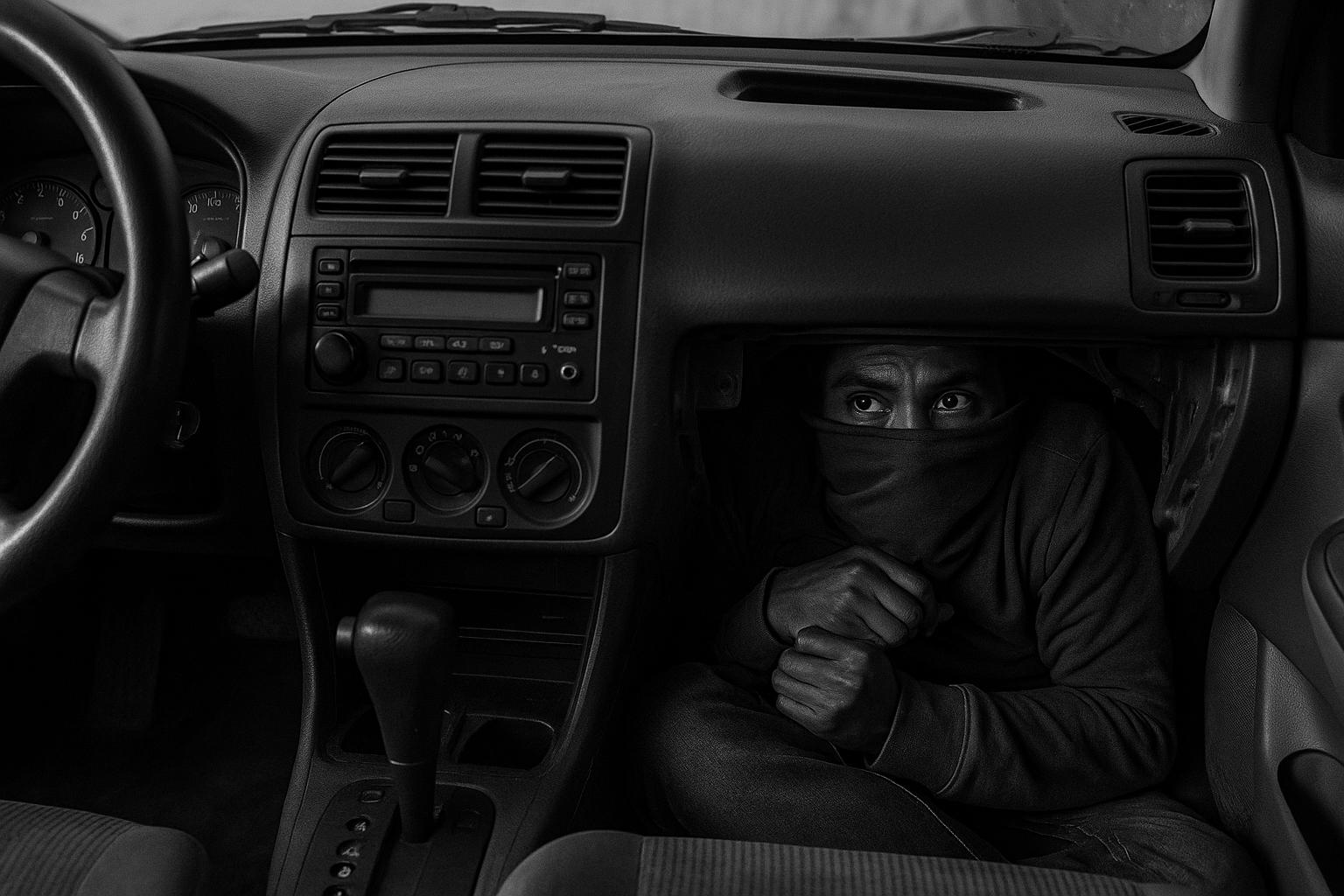A recent judicial outcome has shed light on the alarming scope of a sophisticated people smuggling operation that crammed a Vietnamese woman into the glovebox of a vehicle in an attempt to usher her into the UK. The case came to light in June 2022 when border officers discovered the concealed individual during a routine intercept in Dover. This pivotal incident triggered a comprehensive investigation, revealing a sprawling criminal network trafficking individuals primarily from Iraq and Vietnam across Europe.
At the helm of this illicit enterprise was 43-year-old Mukhlis Jamal Hamadamin, a Kurdish-born barber from Stockport. Despite having immigrated to the UK himself by hiding in the back of a lorry in 2002, Hamadamin orchestrated a far-reaching operation that relied on modified vehicles and counterfeit identity documents to facilitate illegal entries into the UK. His network stretched from Spain through to Northern Ireland, employing various transportation methods, including air travel and land routes.
Manchester's Minshull Street Crown Court, where the gang's operations were laid bare, heard that members of the group had gone to alarming lengths to conceal migrants. In one notable instance, a Vauxhall Vectra, driven by 25-year-old gang member Josef Kadet, was found to have a woman hidden in a custom-built compartment behind the dashboard. The modifications made to accommodate this compartment were described as “highly dangerous,” removing crucial safety features such as airbags and heating systems, making the vehicle a potential death trap.
Prosecutor Dan Calder highlighted the ruthlessness of the gang, pointing to instances where they involved children as 'human shields' to evade detection during these smuggling attempts. The court was informed that the gang's operations evolved over time; as law enforcement pressure mounted, they adapted their methods, increasingly relying on forged documents to facilitate air travel.
Amid the harrowing accounts of exploitation presented in court, the broader implications of this case have resonated among authorities. Dame Angela Eagle, Minister for Border Security and Asylum, condemned the gang's callous operations, underscoring their disregard for human life and the exploitation of vulnerable individuals for profit. She stated that the government's strategy, supported by a £150 million funding boost, aims to disrupt people-smuggling networks and safeguard the borders.
Several accomplices were also sentenced for their roles in this extensive illicit operation. Hamadamin himself received a 13-year prison term after admitting to multiple counts of conspiracy and fraud. His brother, Muhamad Jamal Hamadamin, along with other gang members, received sentences ranging from suspended sentences to four-and-a-half years based on their respective roles in the trafficking conspiracy.
The investigation into this network has been framed as an essential example of the complexities surrounding organised crime that exploits the desperate circumstances of individuals seeking safety and opportunity in the UK. Chief Immigration Officer Paul Moran articulated the team's commitment to protecting borders while dismantling such dangerous criminal organisations, emphasising the collaborative efforts with international law enforcement agencies across Europe.
This case serves as a stark reminder of the ongoing challenges posed by human trafficking and illegal immigration, as authorities intensify their efforts to combat these perilous practices and provide safety for those at risk of exploitation.
📌 Reference Map:
- Paragraph 1 – [1], [2]
- Paragraph 2 – [1], [7]
- Paragraph 3 – [1], [4], [5]
- Paragraph 4 – [3], [6]
- Paragraph 5 – [1], [4]
- Paragraph 6 – [2], [7]
- Paragraph 7 – [1], [3]
- Paragraph 8 – [1], [2]
Source: Noah Wire Services
